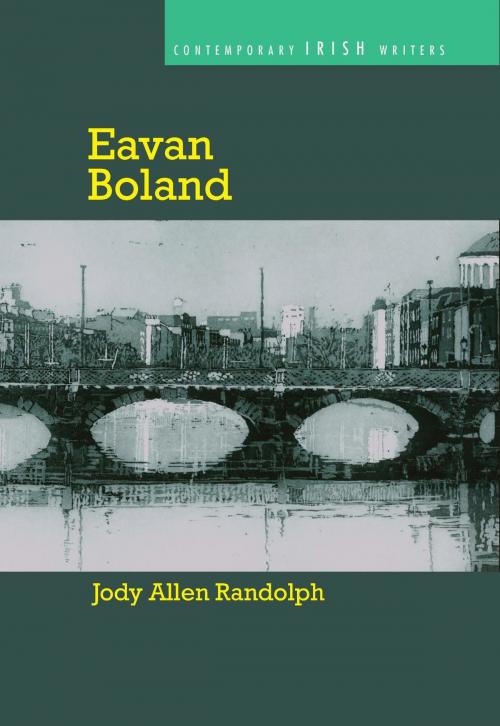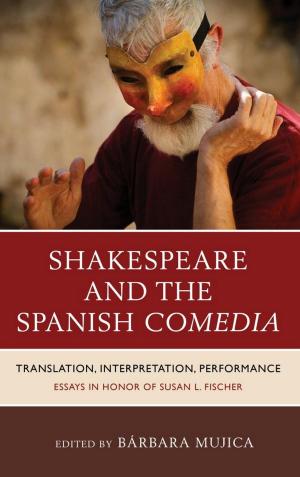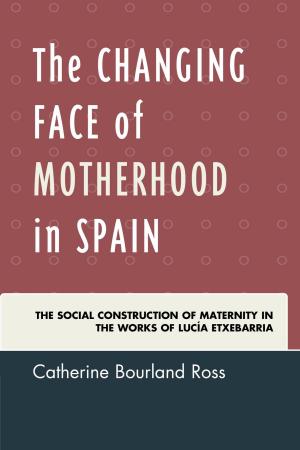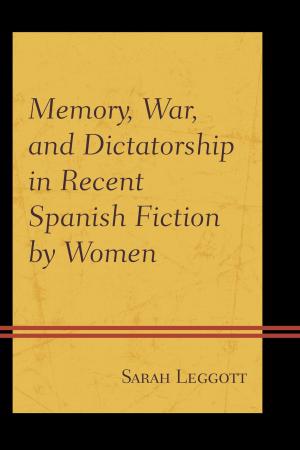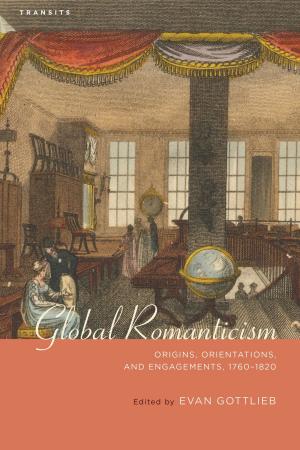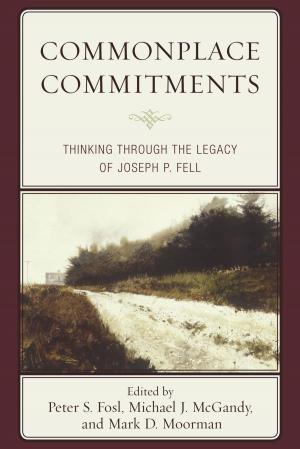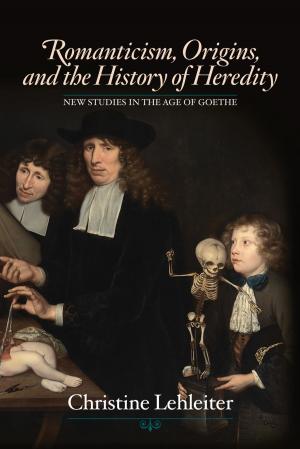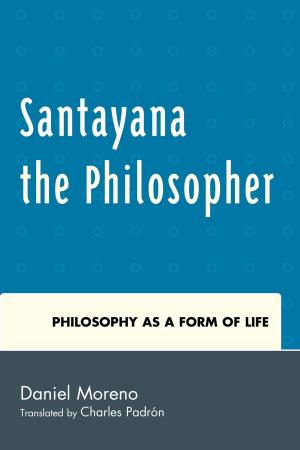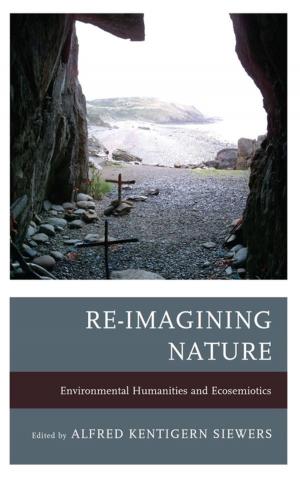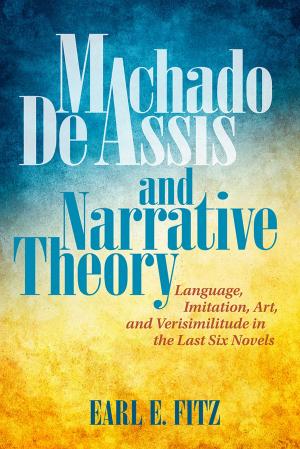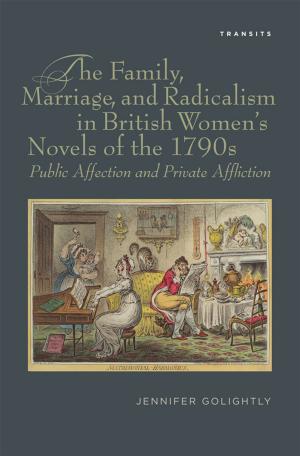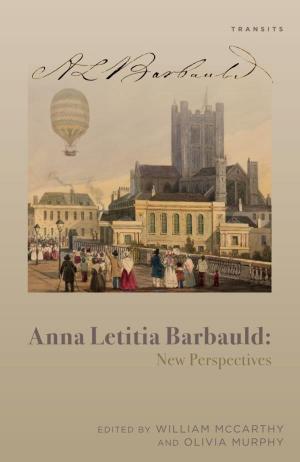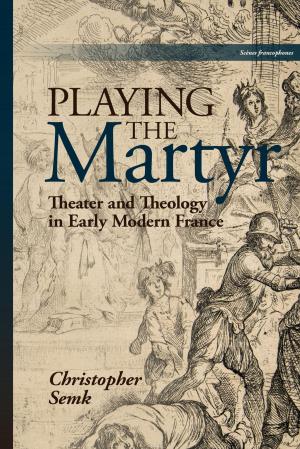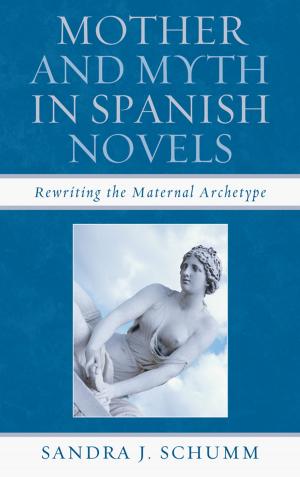Eavan Boland
Fiction & Literature, Literary Theory & Criticism, Poetry History & Criticism, British, Biography & Memoir| Author: | Jody Allen Randolph | ISBN: | 9781611485370 |
| Publisher: | Bucknell University Press | Publication: | November 26, 2013 |
| Imprint: | Bucknell University Press | Language: | English |
| Author: | Jody Allen Randolph |
| ISBN: | 9781611485370 |
| Publisher: | Bucknell University Press |
| Publication: | November 26, 2013 |
| Imprint: | Bucknell University Press |
| Language: | English |
In this powerful and authoritative study Jody Allen Randolph providesthe fullest account yet of the work of a major figure in twentieth-century Irish literature as well as in contemporary women’s writing. Eavan Boland’s achievement in changing the map of Irish poetry is tracked and analyzed from her first poems to the present. The book traces the evolution of that achievement, guiding the reader through Boland’s early attachment to Yeats, her growing unease with the absence of women’s writing, her encounter with pioneering American poets like Sylvia Plath, Elizabeth Bishop, and Adrienne Rich, and her eventual, challenging amendments in poetry and prose to Ireland’s poetic tradition. Using research from private papers the book also traces a time of upheaval and change in Ireland, exploring Boland's connection to Mary Robinson, in a chapter that details the nexus of a woman president and a woman poet in a country that was resistant to both. Finally, this book invites the reader to share a compelling perspective on the growth of a poet described by one critic as Ireland’s “first great woman poet.”
In this powerful and authoritative study Jody Allen Randolph providesthe fullest account yet of the work of a major figure in twentieth-century Irish literature as well as in contemporary women’s writing. Eavan Boland’s achievement in changing the map of Irish poetry is tracked and analyzed from her first poems to the present. The book traces the evolution of that achievement, guiding the reader through Boland’s early attachment to Yeats, her growing unease with the absence of women’s writing, her encounter with pioneering American poets like Sylvia Plath, Elizabeth Bishop, and Adrienne Rich, and her eventual, challenging amendments in poetry and prose to Ireland’s poetic tradition. Using research from private papers the book also traces a time of upheaval and change in Ireland, exploring Boland's connection to Mary Robinson, in a chapter that details the nexus of a woman president and a woman poet in a country that was resistant to both. Finally, this book invites the reader to share a compelling perspective on the growth of a poet described by one critic as Ireland’s “first great woman poet.”
